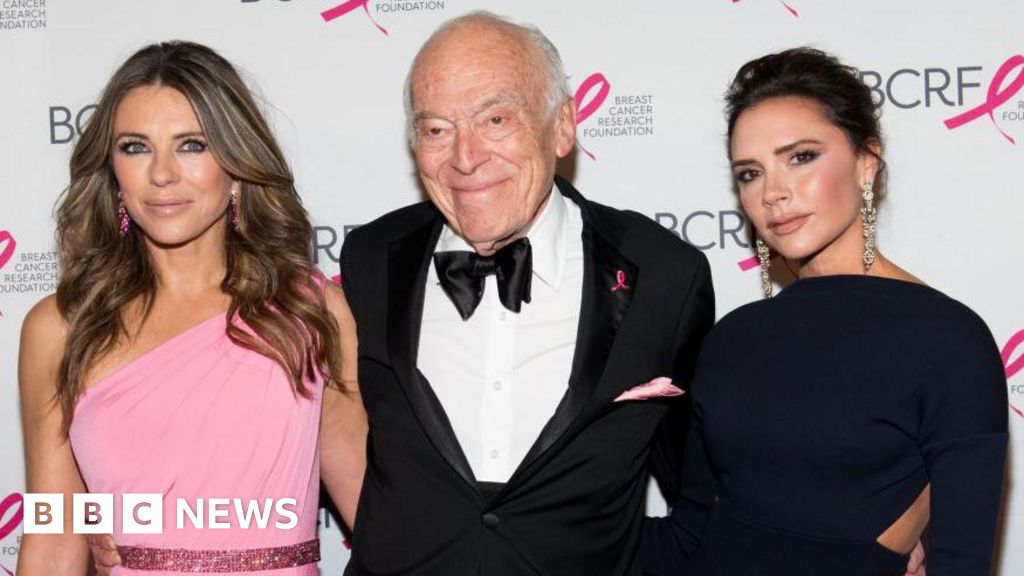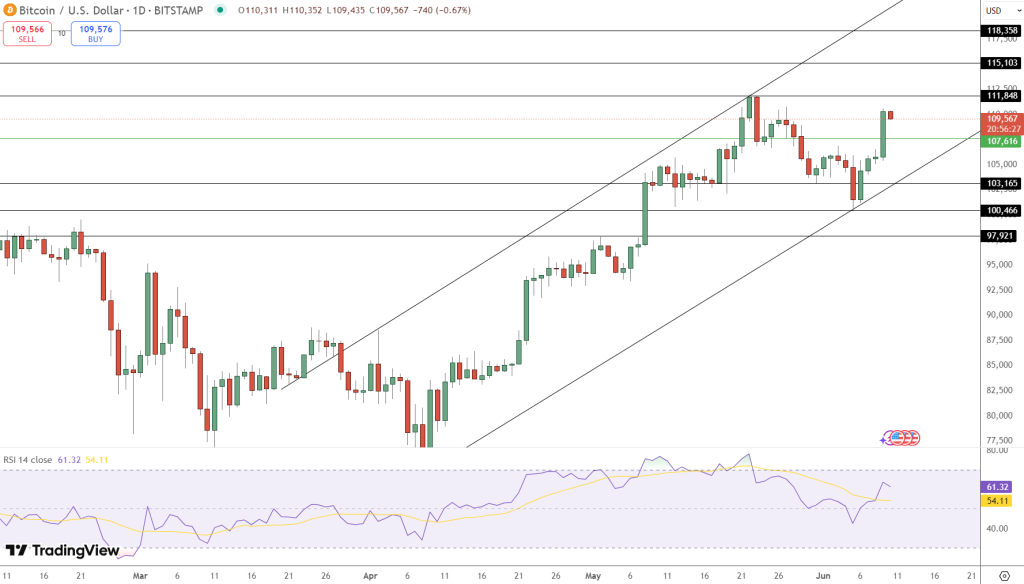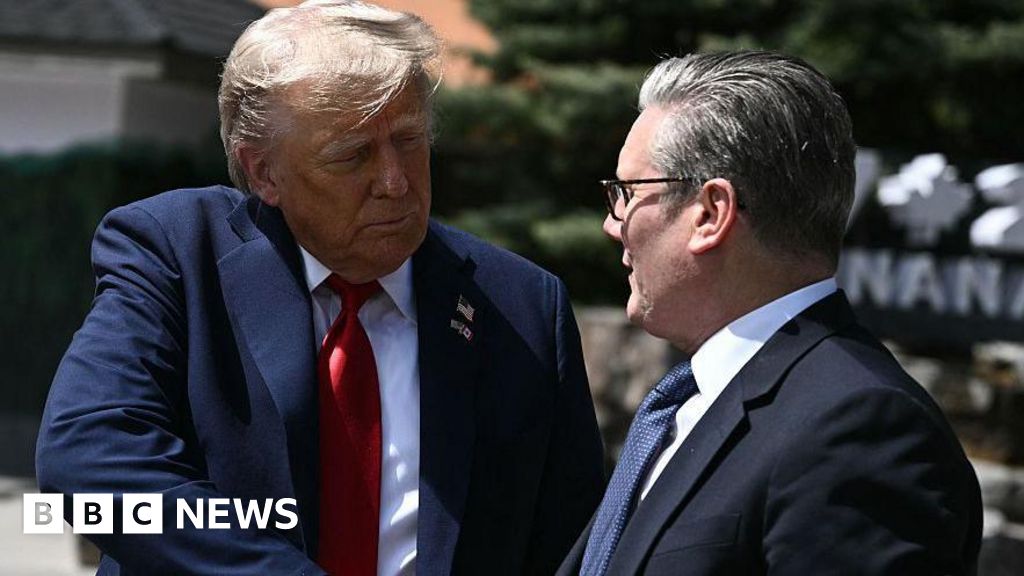Unlock the Editor’s Digest for free
Roula Khalaf, Editor of the FT, selects her favourite stories in this weekly newsletter.
Mark Rutte will become the next secretary-general of Nato after his only rival dropped out of the race, clearing the path for the outgoing Dutch prime minister to take office in October.
The withdrawal of Romanian President Klaus Iohannis on Thursday ends a drawn-out campaign by Rutte to win unanimous support of the alliance’s 32 members. The Dutch politician secured early backing from the US, which exerted pressure on other allies to clinch a deal before a Nato summit in Washington next month and to avoid instability as Russia’s war against Ukraine continues to rage.
Rutte will replace Norway’s former prime minister Jens Stoltenberg, who has run the US-led military alliance since 2014 and had his term extended four times. A formal rubber-stamping by Nato ambassadors is expected next week.
Iohannis, who has been the only rival to Rutte, told Nato allies that he was no longer a candidate, Romania’s defence council said in a statement. The council backed Rutte’s bid, it said.
Earlier this week, the Dutchman secured the backing of other holdouts Hungary and Slovakia after striking a deal with Hungarian Prime Minister Viktor Orbán that gives Budapest an opt-out from Nato activities in support of Ukraine.
Next week, Nato ambassadors will meet informally in a traditional gathering known as the “dean’s coffee”, in which the dean — the longest-serving ambassador to Nato, in this case Croatia’s Mario Nobilo — will confirm consensus for Rutte.
Rutte has been prime minister of the Netherlands since 2010 and is widely respected for his coalition-building skills in a fragmented political environment and on the EU stage where he is one of the bloc’s most influential leaders.
Nicknamed “Teflon Mark” for his ability to dodge political scandal, he also won praise for being one of the few European leaders to build a rapport with Donald Trump, and to mollify some of the former US president’s most aggressive outbursts about European defence spending.
With the US presidential election looming in November, this was one of Rutte’s attributes that won people to his candidacy, officials have said.
Rutte at present heads a caretaker government in the Netherlands after his last coalition collapsed in July. He is likely to be replaced next month by Dick Schoof, a former head of the Dutch intelligence services, who will run a government that includes the far-right Freedom party.
Credit: Source link










